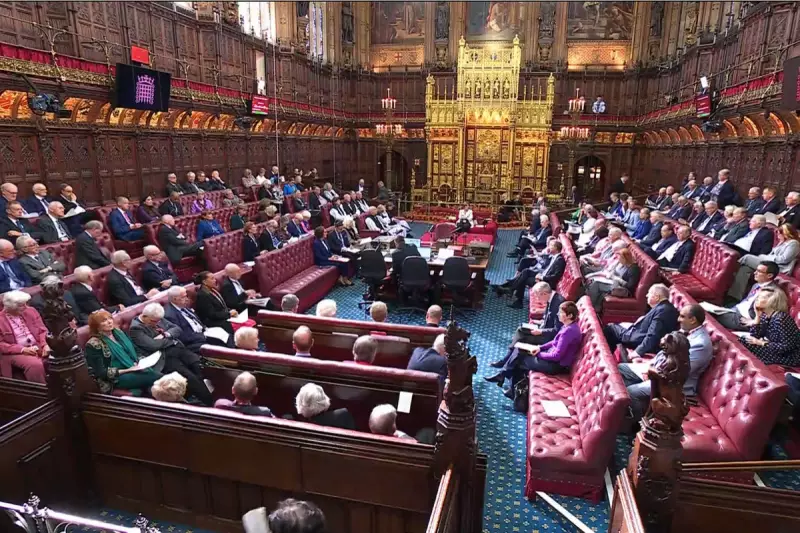
The House of Lords faces a critical debate on Friday over the proposed assisted dying law, with peers being cautioned against employing delay tactics as a record-breaking number of amendments were tabled.
Unprecedented Legislative Scrutiny
More than 900 amendments have been suggested for the Terminally Ill Adults (End of Life) Bill, a figure believed to be the highest ever submitted for a piece of backbench legislation. This prompted a group of 65 peers, including prominent figures like scientist Lord Winston and former Whitehall chief Lord O'Donnell, to send a joint letter to their colleagues. They emphasised that the role of the Lords is "to test and refine the Bill where genuine improvements can be made", not to frustrate the democratic mandate expressed by the elected House of Commons.
The Bill, which was narrowly approved by MPs earlier this year and received an unopposed second reading in the Lords in September, has progressed further through Parliament than any previous assisted dying legislation. A small select committee of peers has already taken evidence in recent weeks ahead of the Bill's return for detailed, line-by-line scrutiny.
Contentious Views and Warnings
However, the proposed law faces staunch opposition. Baroness Luciana Berger, who sat on the select committee, stated that evidence was heard which "strongly refuted any suggestion this Bill is either safe or workable." She warned that the Bill is "full of holes which vulnerable people will fall through" and noted that palliative care developments have slowed in other regions that introduced assisted dying.
The incoming Archbishop of Canterbury, Dame Sarah Mullally, has also indicated she and her Church of England colleagues are likely to bring an amendment to vote on the principle of the Bill, which she will vote against. When last debated, some peers branded the legislation a "licence to kill Bill" that could devalue human life.
The Race Against Time
With the current session of Parliament ending in the spring, there is a growing concern among supporters that opponents in the unelected House may try to block the Bill or "talk it out" so it runs out of time. Lord Kennedy of Southwark, the chief whip in the Lords, has urged "courtesy and respect" during the debates, a sentiment echoed by Labour's Lord Falconer of Thoroton, who is steering the private member's bill through the House.
For the Bill to become law in England and Wales, both Houses must agree on the final drafting before the parliamentary session concludes. If passed, the government would have four years to establish an assisted dying service, meaning the first assisted death might not occur until 2029/30. The legislation proposes allowing terminally ill adults with fewer than six months to live to apply for an assisted death, subject to approval by two doctors and a panel.






